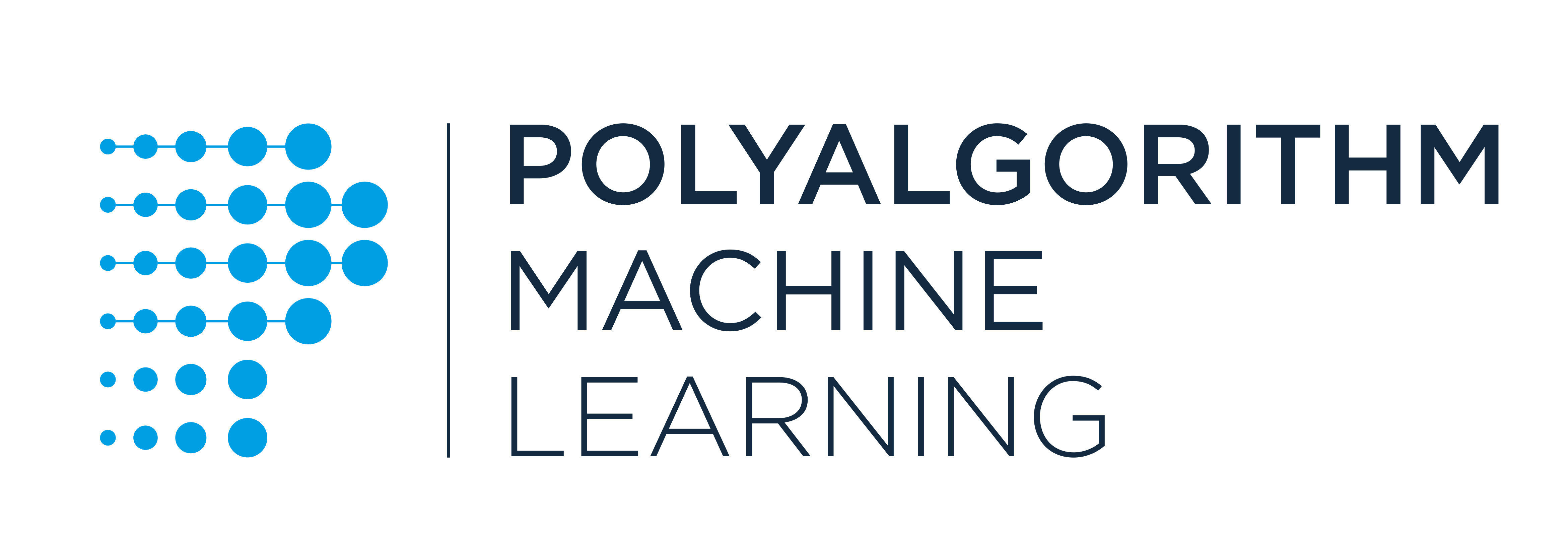We have a completely novel approach to machine learning. Our approach can revolutionize
how conventional machine-learning models are constructed.
We assist our clients in developing
fully interpretable, highly accurate models using only a few features
. We refer to these as Minimal Models.
We achieve this through our proprietary method of directly identifying the most critical features in a dataset in relation to a specific outcome.
“Efficient, Fully-Explainable, Trustworthy, and Economical.”
Fiins AI Suite
Unlock Accuracy and Clarity
Our Team
Our team is a collective of the necessary expertise to deliver accurate, reliable, Profitable, and Responsible Machine Learning & AI Systems. Here is a snippet of our team members
Dr. Gaston Gonnet
Chief Data Scientist
Mardi Witzel
CEO
Tim Snider
CTO









